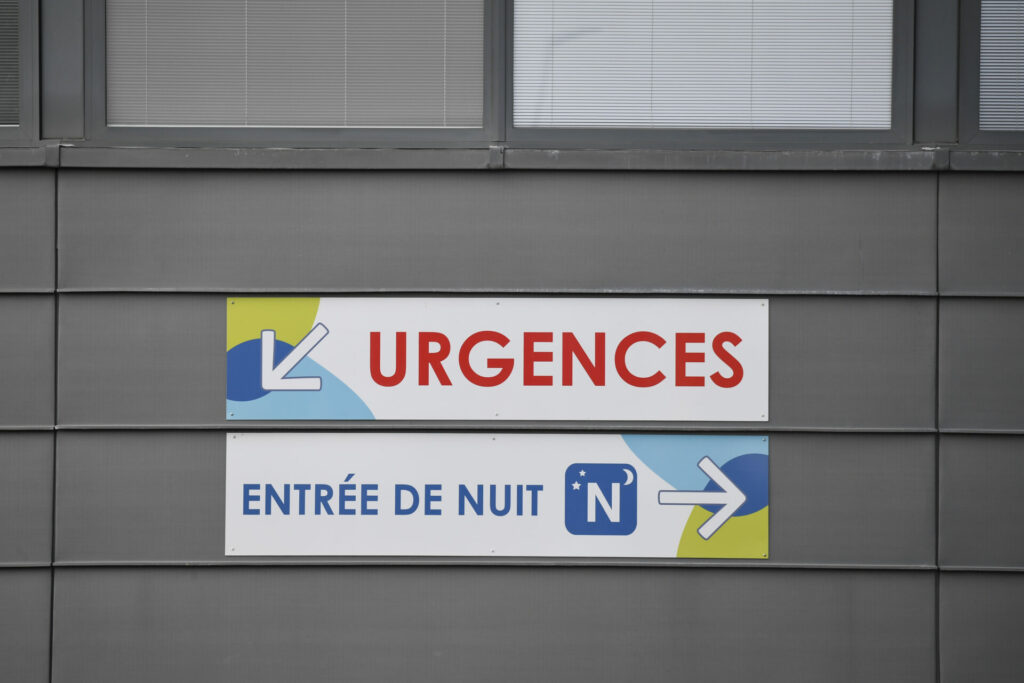In the last decade, the number of emergency room admissions as a result of severe allergies has increased by a quarter, De Morgen reports. Young people are particularly affected.
"We are seeing a steady increase in the number of allergy emergencies year after year," said Peter De Paepe, head of the emergency department at UZ Gent. Severe allergic reactions can lead to anaphylaxis, which can be fatal if not quickly treated.
"Of course, they are not all that serious," he added. "But it is something that we have to take into account." A survey by De Morgen at several Belgian hospitals highlights this upwards trend.
The increase in cases relating to severe allergic reaction is usually a result of food allergies, according to Bart Lambrecht, pulmonologist and director of the Centre for Inflammatory Diseases.
"According to skin tests on elementary school children, one in two children today suffers from an allergy, a sharp increase compared to 20 years ago," he said.
While the number of children with allergies has significantly increased, Lambrecht nuanced that very few children had severe allergies. "Only in a minority can an allergy be dangerous, and in most cases it is a food allergy," the doctor said.
There is still no scientific consensus on why allergies are affecting some people much more than in previous generations. One hypothesis is that, due to improved levels of hygiene at home, children are exposed to fewer infectious diseases, meaning that their immune systems are less stimulated. As a result, the body sometimes reacts too quickly to harmless substances.

